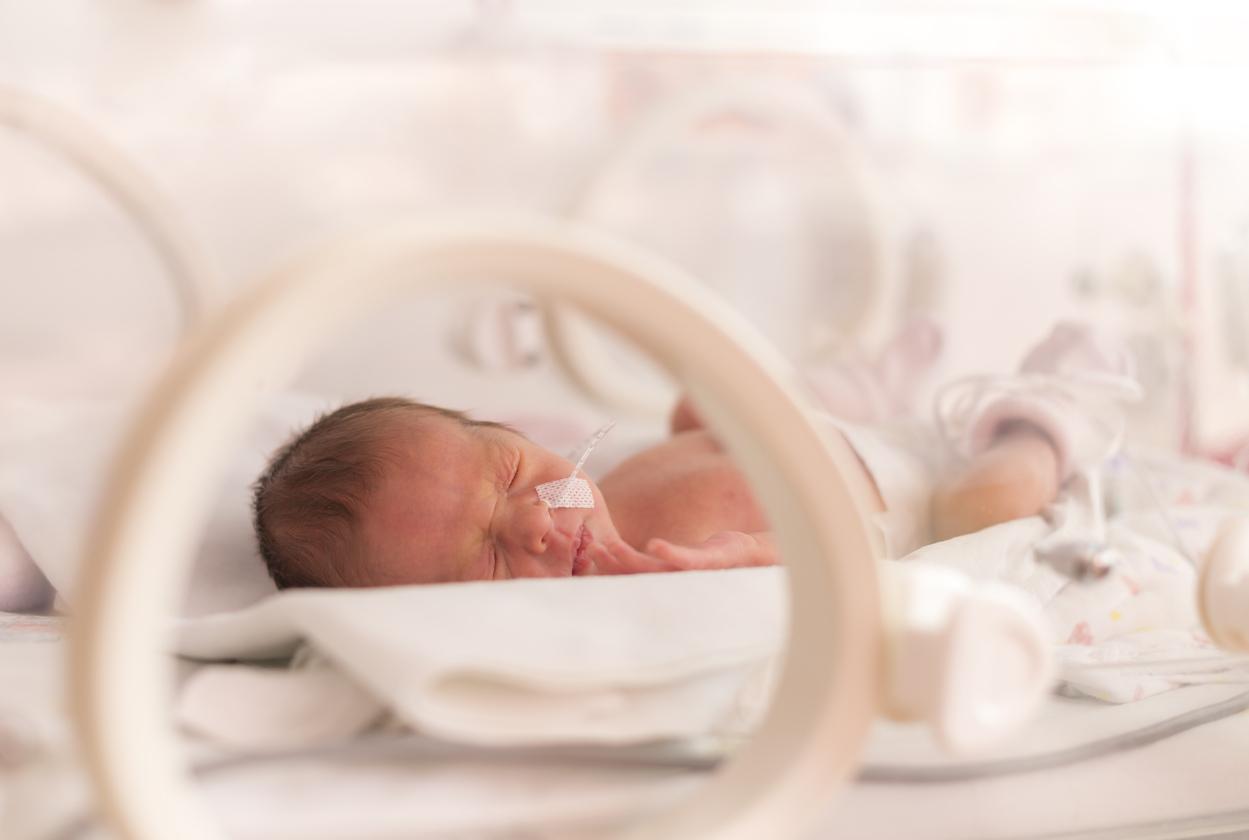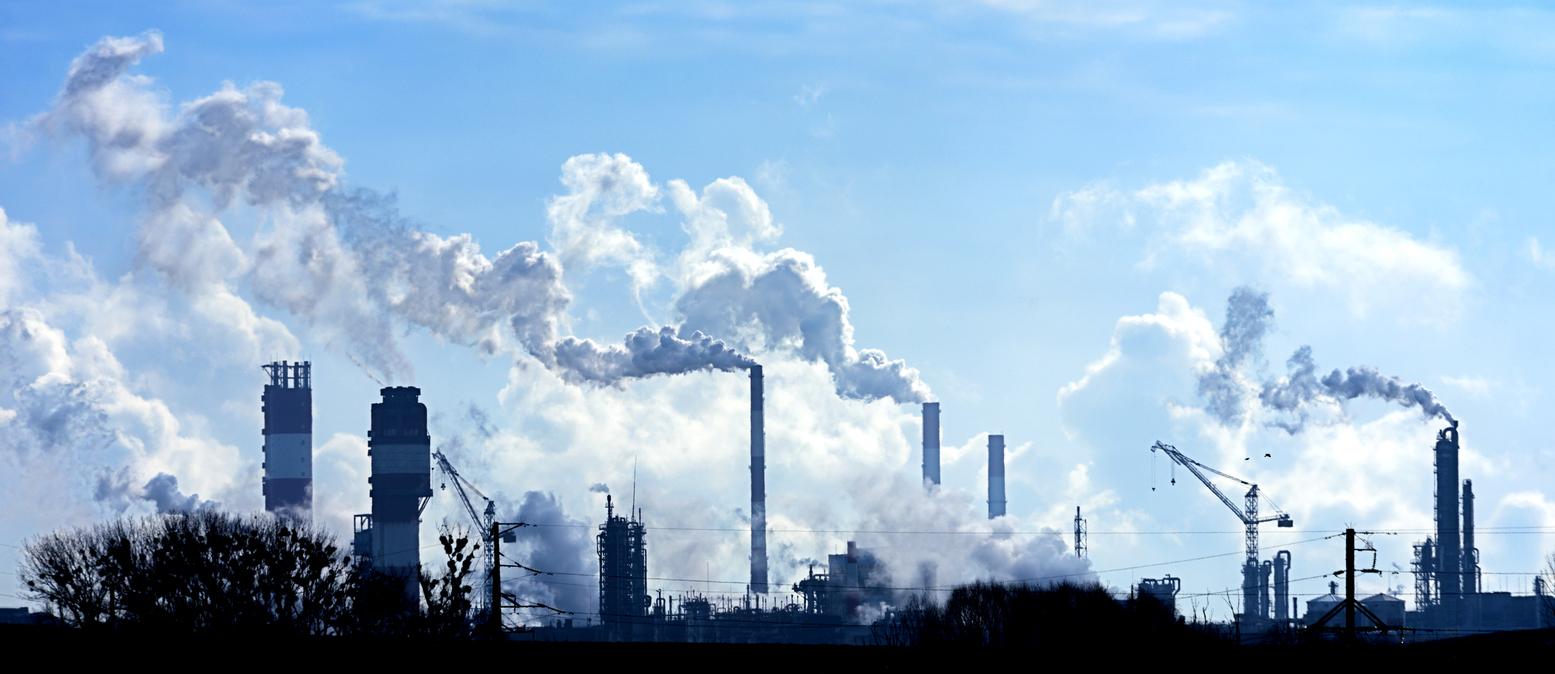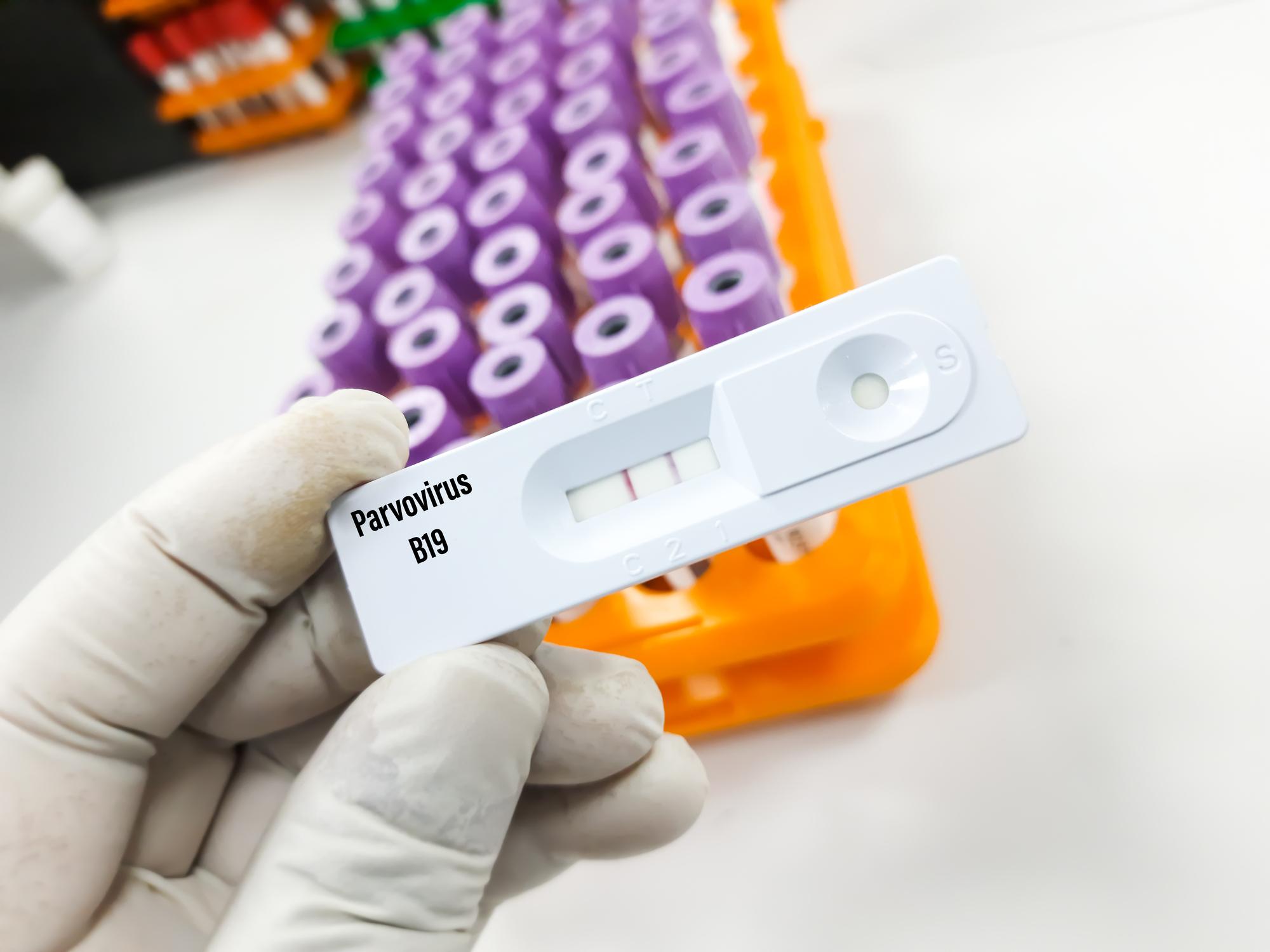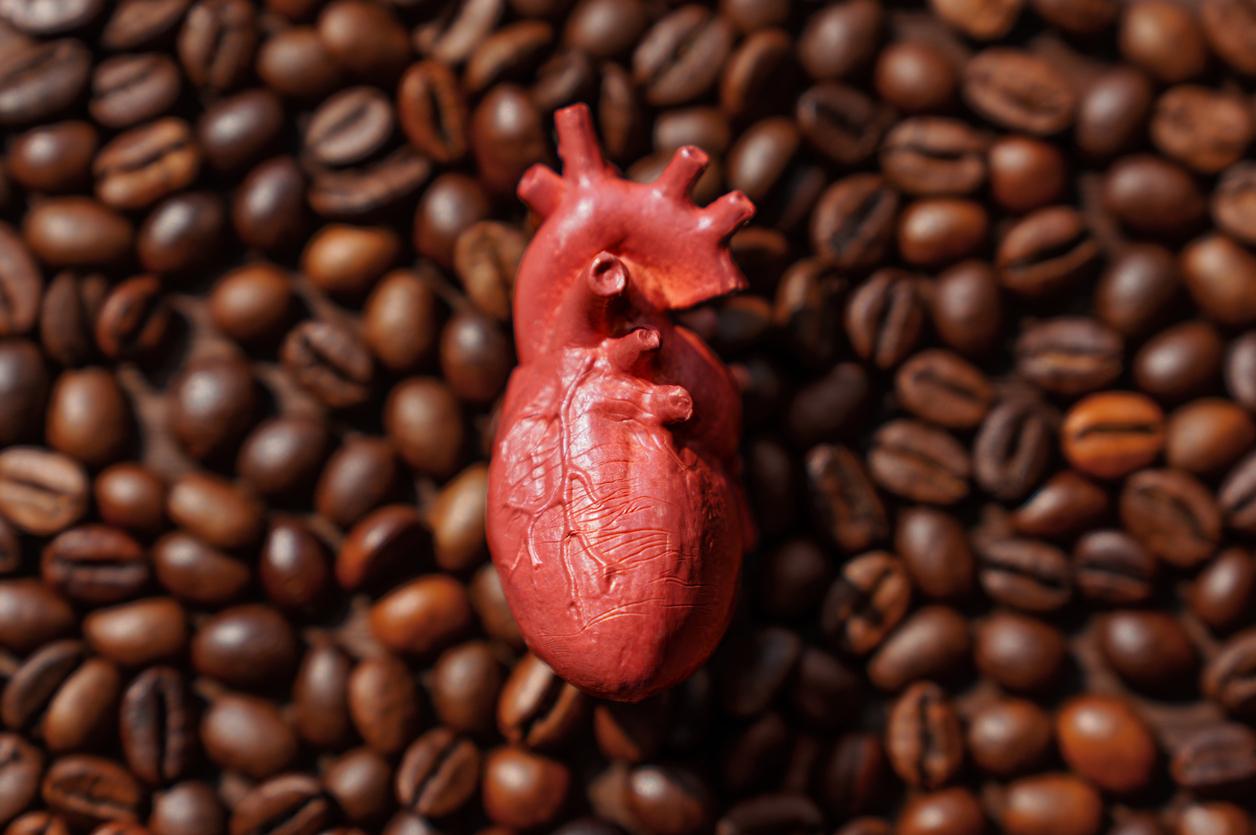Davis, 16, had soda, coffee and an energy drink in under two hours. He suffered a heart attack.
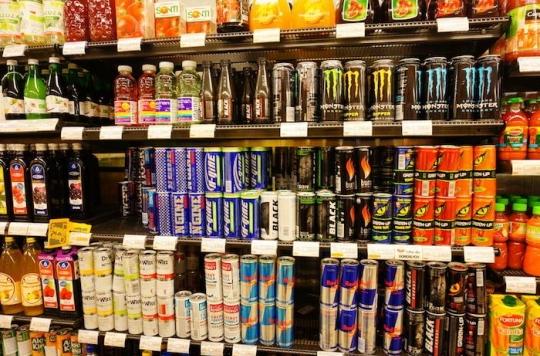
“Like all parents, we are worried about our children when they grow up. We are concerned for their safety, their health, especially when they start driving. But our son was not killed in a car accident. It was an energy drink that won the day. “
Sean Cripe, the father of young Davis, 16, probably did not expect to receive a call announcing the death of his son, last month, following a heart attack. However, the teenager did not suffer from any pre-existing pathology.
Three doses in two hours
On the day of his death, the young man had quickly consumed a coffee latte from McDonald’s at 12:30 p.m., then a Mountain Dew XL (soda enriched with caffeine), and an energy drink. Just before 2:30 p.m., he collapsed in class. He was pronounced dead at 3:40 p.m., possibly caused by a caffeine overdose.
At least that’s the explanation put forward by Gary Watts, the forensic pathologist who performed the autopsy. The tests carried out showed that neither alcohol nor drugs were present in the victim’s blood. Davis is said to have developed a cardiac arrhythmia caused by the stimulant, which limited the flow of blood to the organs and interrupted their functioning.
“Dangerous drinks”
“It was not an overdose (drug-related, editor’s note). We lost Davis to a completely legal substance, he lamented at a press conference. We are gathered here to make the public, and especially children at school, understand that these drinks can be dangerous, and that they must consume them with care, limiting their daily intake. “
The American Academy of Pediatrics recommends not to exceed 100 mg of caffeine per day for 12-18 year olds. A recent study published in Food and Chemical Toxicology advises for its part to limit to 2.5 mg per kilo per day in children and adolescents, or 150 mg in a teenager of 60 kg. By adding the contents of the three drinks consumed by the teenager, he would have swallowed nearly 300 mg in less than two hours.
Caffeine has been linked to many protective effects, but as a stimulant it can cause heart or central nervous system problems (sleep disturbances, anxiety). Harms often forgotten, especially among adolescents, who are not always aware of the quantity that their drinks can contain: the soda and the energy drink consumed by the young Davis contained about as much caffeine as the coffee he had previously drunk, nearly 100 mg.
.









